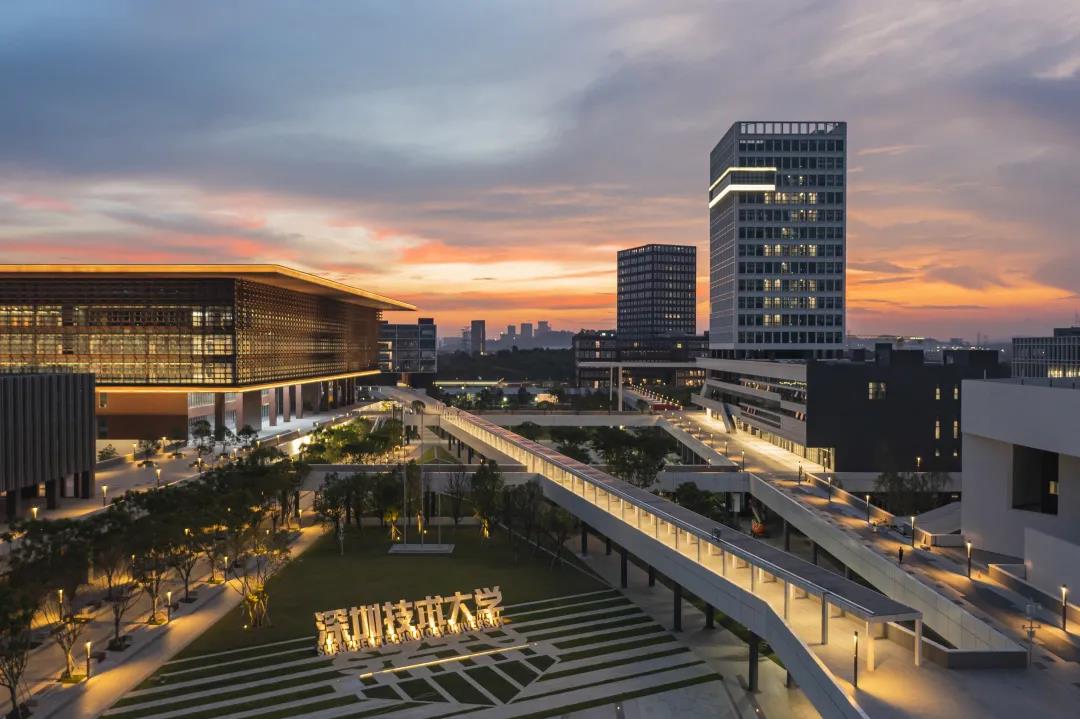On October 18, the International Conference on Advances in Liquid Scintillation Spectrometry (hereinafter referred to as LSC2020) opened successfully in Shenzhen. Hosted by Shenzhen Technology University (SZTU) and co-organized by the Laser Fusion Research Center of China Academy of Engineering Physics and Southwest University of Science and Technology, the conference is an international comprehensive academic event on the development and application of liquid scintillators. The LSC conference series was initiated in 1957 and held its first conference in Chicago, USA. In recent years, LSC has been held in Germany, Poland, Switzerland, France, Spain and Denmark successively. It is the first time that the conference has taken place in China.
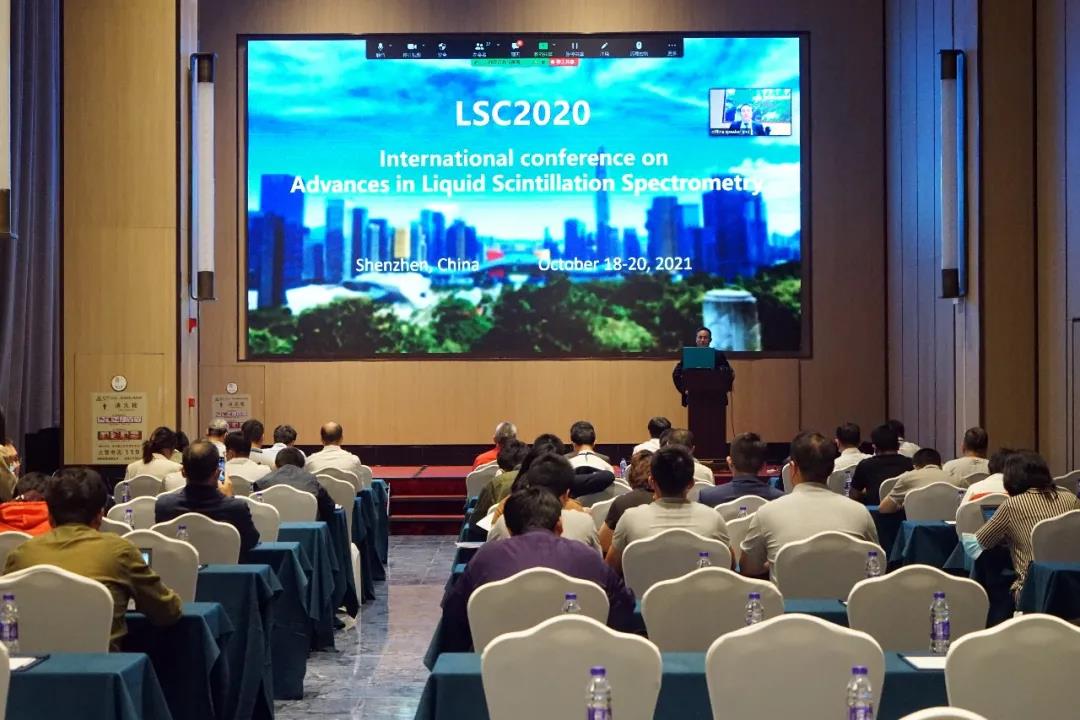
THe LSC2020 is held. [Photo/Party Affairs Committee Publicity Office]
The conference was held both online and offline and the attendees on-site included over 90 experts and scholars from research institutes and enterprises such as Peking University, Fudan University, Institute of High Energy Physics of the Chinese Academy of Sciences, South China Sea Environmental Monitoring Center of State Oceanic Administration, National Institute for Radiological Protection and Nuclear Safety of the Chinese Center for Disease Control and Prevention, and CGN Jiuyuan (Chengdu) Science and Technology Co., Ltd. Prof. Ruan Shuangchen, president of SZTU, and Prof. Philippe Cassette from Laboratoire National Henri Becquerel in France, served as the chairpersons of the conference.
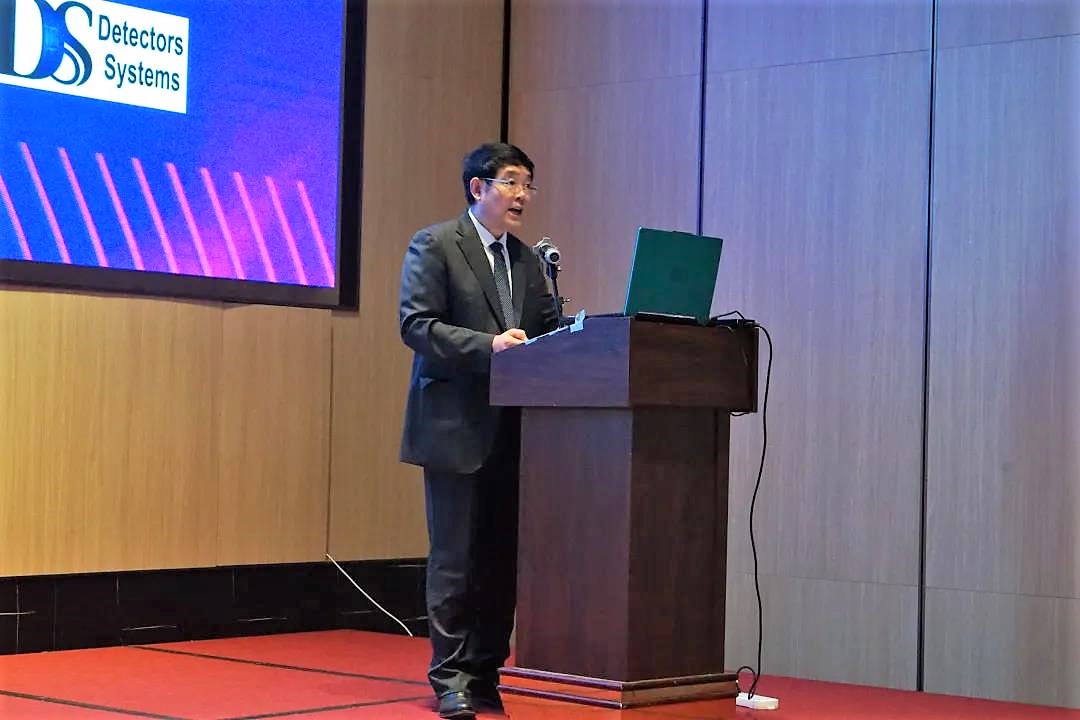
Prof. Ruan Shuangchen delivers an opening speech. [Photo/Party Affairs Committee Publicity Office]
Prof. Ruan said that in order to meet the urgent needs of the advanced manufacturing industry in China, SZTU is establishing a new paradigm for applied research to actively promote the research in applied physics, optical engineering, laser plasma physics, materials physics and computational science. With a history of more than 60 years, the LSC conference series provides a good communication platform for attendees to discuss the application and latest development of liquid scintillation counting in various aspects. He hoped that the experts and scholars present will take this opportunity to exchange latest achievements and new ideas extensively, thereby promoting scientific progress and setting a new milestone for China’s liquid scintillation research.
Liquid scintillation is a traditional test and diagnosis technology which has extensive and significant applications in nuclear industry, environmental protection, health and other fields. The LSC2020 received much attention from the academia and industry in China and abroad, and more than 240 experts and scholars from 16 countries signed up for the conference, including China, the United States, France, Germany, Denmark, Japan and so on. The international participants joined the event online due to COVID-19 pandemic.
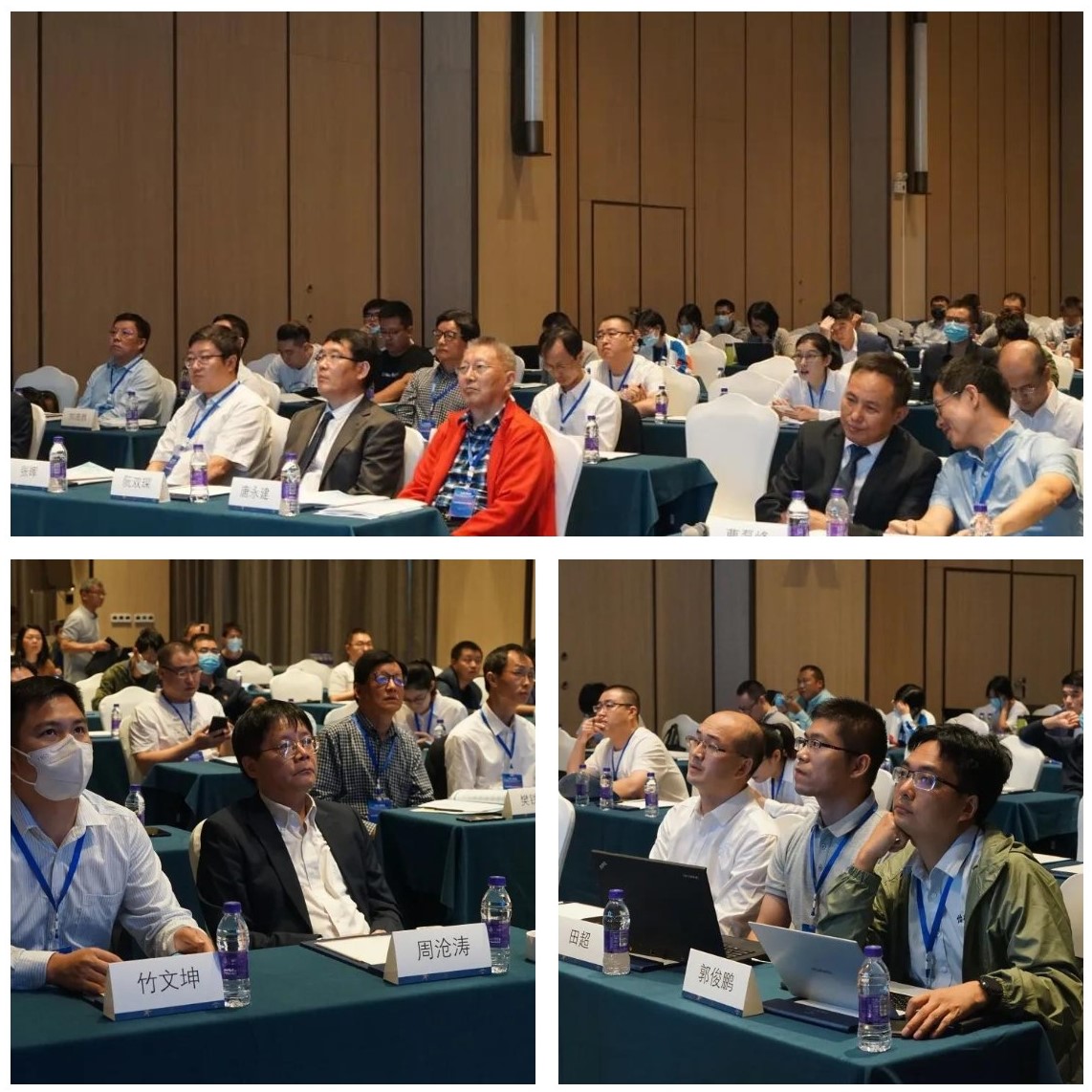
On-site attendees of LSC2020 [Photo/Party Affairs Committee Publicity Office]
The LSC2020 lasted for three days with 15 topics to discuss, 12 of which were the continuation of the topics in previous conferences and the rest three were newly added. It invited 11 experts and scholars to make presentations on the latest research on liquid scintillation technology. The speakers were from University of Barcelona in Spain, Laboratoire National Henri Becquerel in France, National Institute of Standards and Technology in the U.S., TrisKem International, Technical University of Denmark, National Institute of Technology of Toyama College in Japan, Chinese Institute of Radiation Protection, Institute of Nuclear Physics and Chemistry of the Chinese Academy of Engineering Physics, Peking University, and National Institute of Metrology, China.
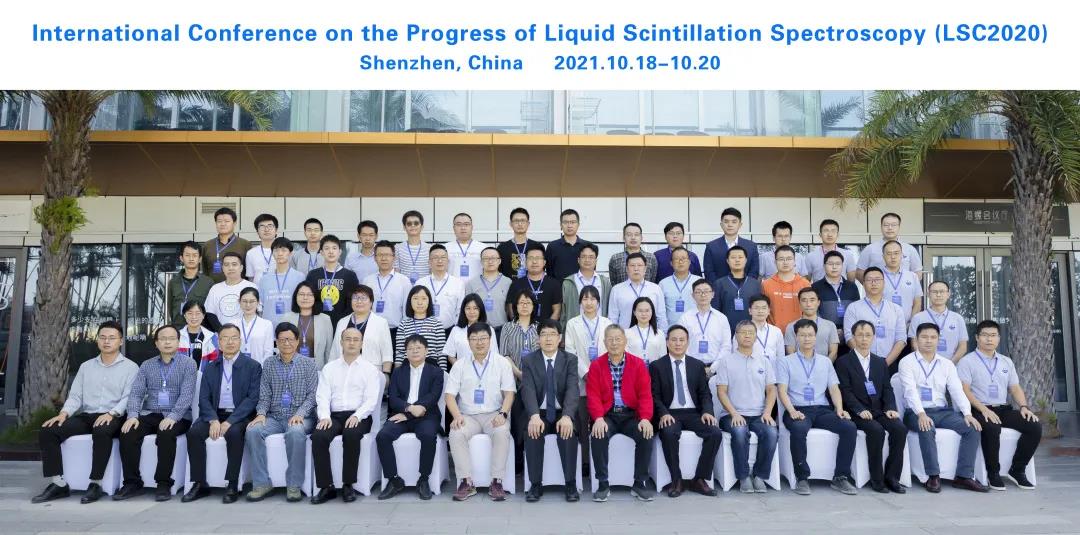
Group photo of the on-site attendees [Photo/Party Affairs Committee Publicity Office]
Drafted by Olivia(赖丽伟)/ International Cooperation & Student Affairs Office
Revised by International Cooperation & Student Affairs Office
Edited by International Cooperation & Student Affairs Office
